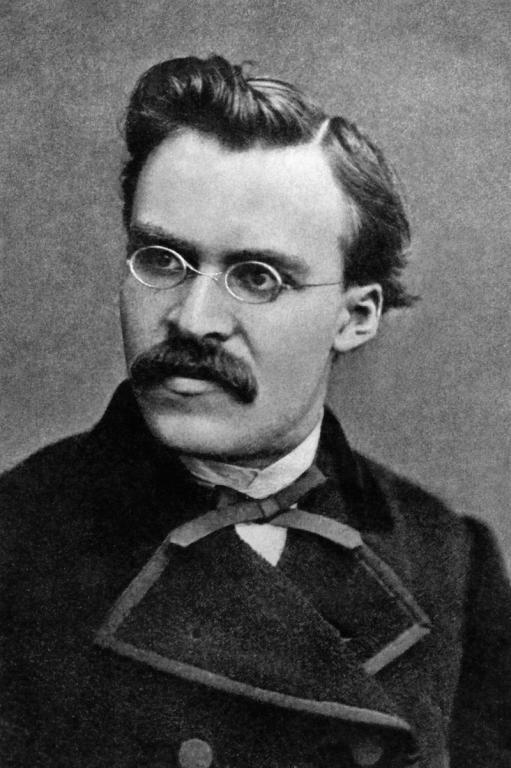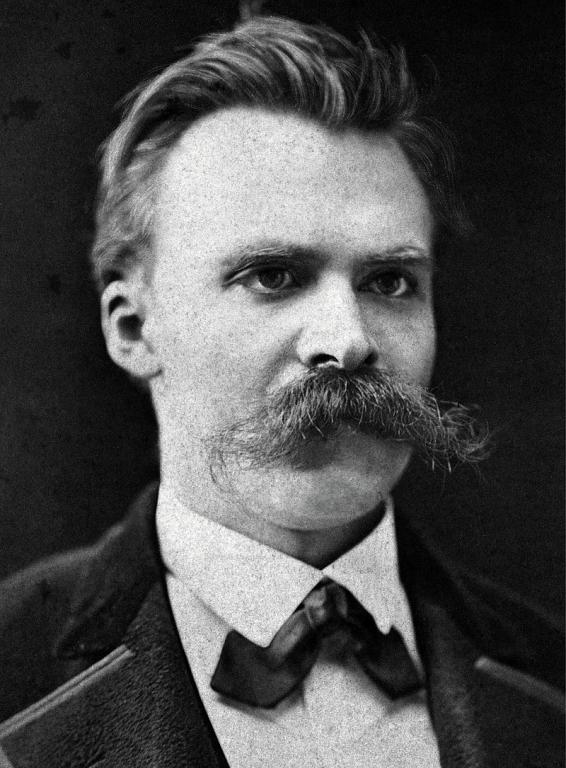As I’ve mentioned before, Friedrich Nietzsche is one of the philosophers who I teach in my classes. Nietzsche was a perspectivalist.
This means that he believed that the world is just full of different perspectives or points of view, and that no particular perspective is superior to any other. So, contrary to what virtually all philosophers since Plato have taught, there is no comprehensive religious or philosophical way of viewing the world that is better, or wiser, or more accurate, or correct, etc. No worldview offers a ‘true’ account of the world.
But if no comprehensive religious or philosophical worldview is ever right or correct, then how ought we to live our lives? If every viewpoint is equally good, it’s all just different perspectives, and no viewpoint gets at the actual nature of things better than any other, then what is there to live for? Why ought we to get out of bed in the mornings and what ought we to try to do in life?

Nietzsche struggled deeply against nihilism. Nihilism is the view that nothing in life matters. Nothing is worth living for, nothing is true or right, and our lives are just meaningless drops in the vast expanse of time. Nietzsche wanted to find a way out of nihilism for modern man. But he did not want to say that God exists or that our lives become meaningful only insofar as we live them according to God’s guidelines.
How can modern man escape from nihilism without turning to God? For Nietzsche, the answer lies in the arts – music, painting, drama, and so on. Even if everything else is meaningless, Nietzsche still believed that we can create meaning for ourselves by virtue of our artistic accomplishments. None of our artistic accomplishments matter in the long run, of course, but in the short run such artistic pursuits can be meaningful for us. There are other philosophers since Nietzsche who have proposed other, different pursuits to make our lives meaningful. But the point for all such post-Nietzschean philosophers is that you ought to do something with your life in order to find meaning. It doesn’t really matter what you do in order to find meaning, as long as you are doing something.
Nietzsche is considered today to be one of the grandfathers of moral relativism. The moral relativist is someone who says that there is no right perspective, morally speaking, and that all perspectives are equally correct. It is a view that is widespread today in America – you have your moral opinions, I have mine, and there’s no one to judge between us. Yours are just as good as mine, and you ought not to judge me and claim that your views are superior to mine.
Needless to say, as a Christian I think that Nietzsche was pretty badly mistaken about this one. Whenever I have encountered someone who says he’s a moral relativist or a cultural relativist, I know that he isn’t really one at bottom. Think about it for a minute. Think of some of the great crimes of human history – the Nazi holocaust, chattel slavery in the American south, the Aztec sacrifices, the killings of millions of people in Communist China, and so on. Are all of these historical crimes just the products of other, different moral perspectives than our own? Are they really just as good, morally speaking, as the moral perspectives of right-thinking people who consider it to be wrong to murder others? Or are they in fact deeply flawed perspectives that are unjustifiable at the end of the day? The answer is obvious. They are not just another, different moral perspective. They are deeply flawed, mistaken, sinful, and evil perspectives. And at the end of the day even cultural relativists admit this. So when people tell me that they are cultural relativists I know immediately that they either do not know what they are talking about or they have deeply inconsistent, incoherent worldviews.
Cultural relativism, in my view, is at the end of the day an unsustainable perspective because the persons who hold it always in practice end up making moral judgments about other cultures.















